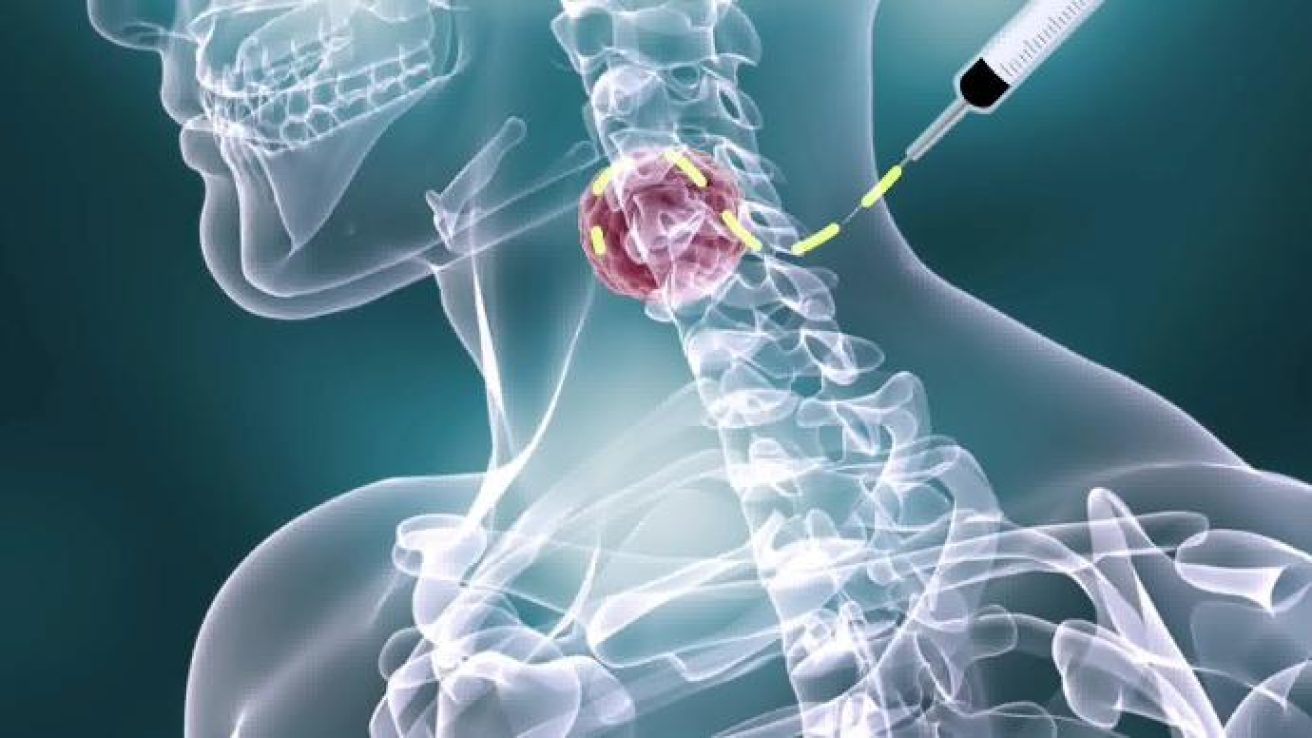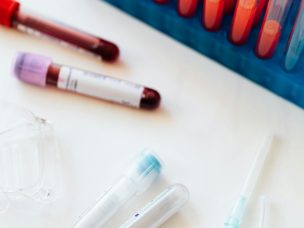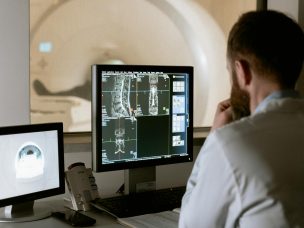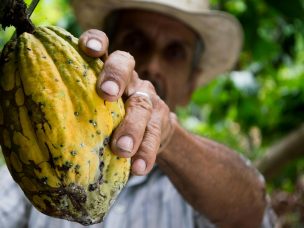Per recent study, patients with B-cell NHL (non-Hodgkins Lymphoma) who failed to respond to prior treatment therapies show positive results when given mosunetuzumab, a new investigational drug. This new drug targets two proteins, one on the surface of tumor cells and the other on the surface of the recipient’s T cells.
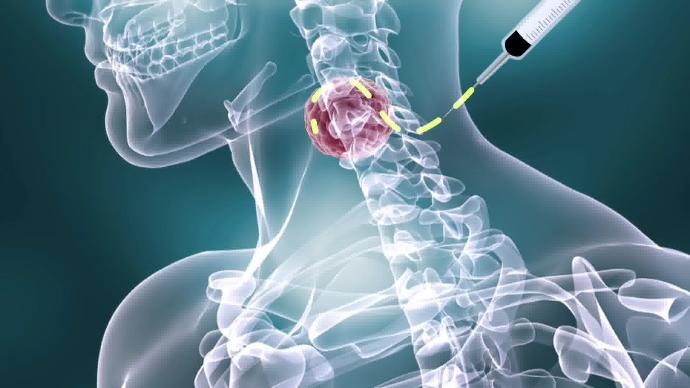
The study has been tracking the drug’s progress and according to researchers, is much different than other therapies used in the past. “Unlike CAR T-cell therapy, mosunetuzumab is an off-the-shelf immunotherapy product that can be given to patients without having to genetically modify their T cells,” said lead author Stephen J. Schuster, MD, of Abramson Cancer Center at the University of Pennsylvania in Philadelphia. “Mosunetuzumab generates long-lasting responses with a very tolerable safety profile in patients with B-cell non-Hodgkin lymphomas for whom multiple prior treatments have failed and whose prognosis is poor. Of particular interest, we are seeing durable complete remissions in patients whose lymphomas progressed after CAR-T.”
Along with patient responsiveness while on the drug, many enjoy positive responses while off the drug as well. “I have stopped therapy in some patients after six months and they have remained in remission. Some patients have remained in remission without additional therapy for more than a year,” Dr. Schuster said in the study.
Along with patients who have been newly diagnosed with NHL, the drug is also being used on patients who have been battling the disease for longer periods.
Mosunetuzumab works by activating the patient’s own T cells, stimulating them to attack and kill cancerous B cells.
270 patients with non-responsive B-cell lymphomas were treated with mosunetuzumab by intravenous infusion. The results are as follows:
Forty-six of 124 patients with fast-growing lymphomas (37%) had measurable decreases in the extent of their cancer (objective response); 24 of 124 patients (19%) saw all detectable tumors disappear (complete response). A higher response rate was observed in patients with higher exposure to mosunetuzumab. Among patients with slow-growing lymphomas, 42 of 67 (63%) had objective responses and 29 of 67 (43%) had complete responses. Both objective response rate and complete response rate were maintained in subgroups of patients at high risk for relapse. In this study, 29% of patients treated with mosunetuzumab experienced cytokine-release syndrome that was mostly mild. In 3% of patients, CRS was treated with tocilizumab. Four percent of patients experienced moderately severe neurologic side effects. Patients who received higher doses of mosunetuzumab were no more likely to have CRS or neurologic side effects than patients treated at lower doses.
Researchers hope that the drug will continue to deliver promising results, and help completely eradicate NHL in the near future.
